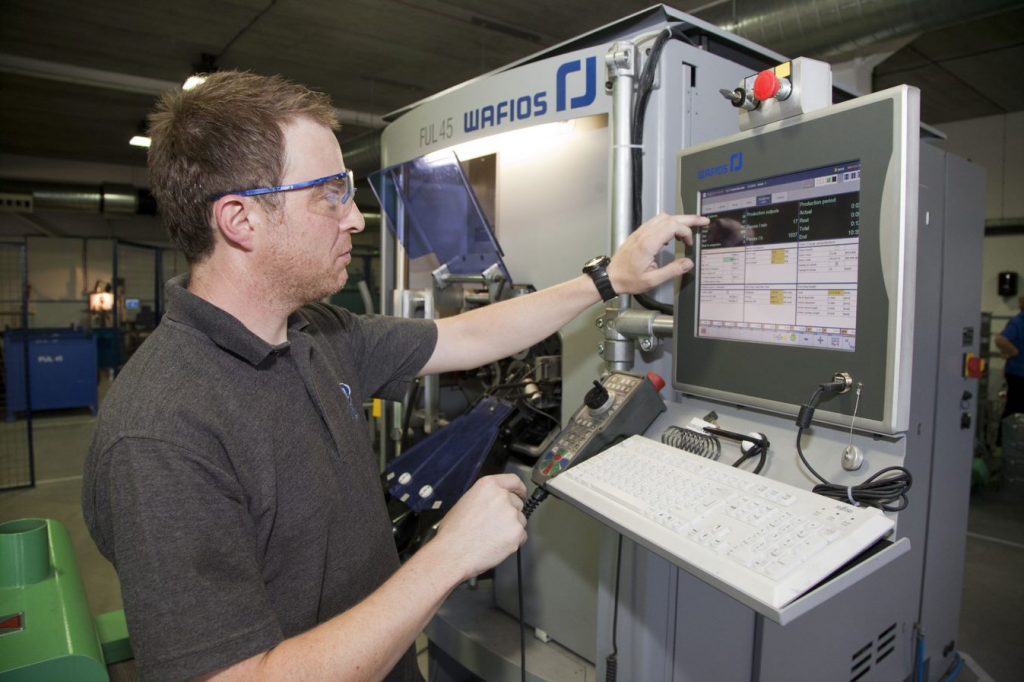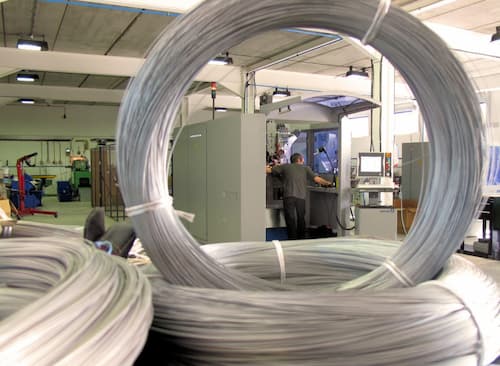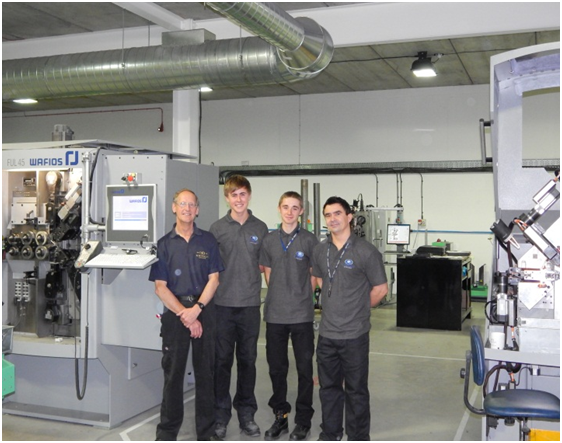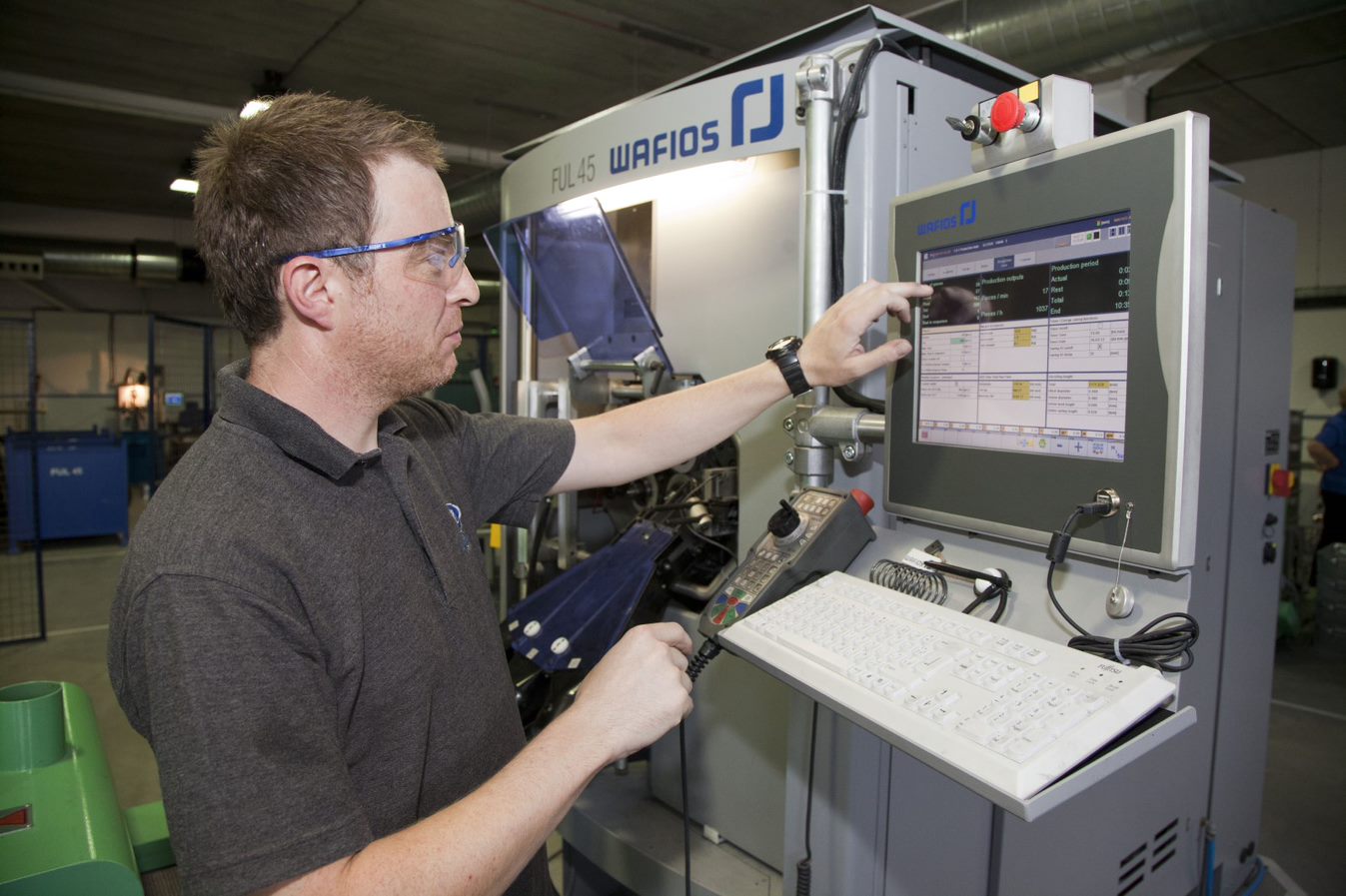We have some great engineers on our staff currently, but we also understand from our time with apprentices that as a young person looking to make a career for themselves, making those dreams reality can be quite a daunting task. In this article, we consider what it really takes to become an engineer, and what you can do to bolster your career.

TYPES OF ENGINEER
The description engineer is a rather broad term which encapsulates a range of strengths, applications, and techniques. For example, a specialist in aerospace engineering is going to have a very different base of knowledge and skills compared to a chemical engineer. That said, there are a few shared skills between all engineers, such as a general aptitude for science and mathematics, and the most successful engineers will also need those skills which anyone working in a social environment needs too: good communication skills, strong teamwork, creativity.
GCSE LEVEL
So long as you succeeded in GCSE maths and science, your other GCSE choices will have little impact in defining which kinds of engineer you could become later down the line, but if you don’t pick chemistry at A-Level then there is a far lower chance that you’ll be able to follow a career path to become a chemical engineer specifically, though other routes of engineering will still be open to you.
That said, if you want to succeed in a specific science path at A Level – be that chemistry, biology or physics – you will be benefited by having chosen to study separate sciences at GCSE because your lessons will go into greater depth, and therefore you will be more prepared for studying science at A level.
A-LEVELS AND APPRENTICESHIPS
As earlier suggested, your A-Levels will define what kind of engineer you can become down the line. If like us, you are interested in manufacturing, then you should prioritise your maths and physics, closely followed by chemistry. In the case where an individual might be interested in pursuing biomedical engineering, then a degree in biology would be important, but for most engineering pursuits maths and physics is more than suitable.
During your studies at A-Level, you should be paying close attention to those areas of study which best pique your interest – this will inform which areas of work you should focus on when applying for apprenticeships or deciding on a degree.
It is possible to gain an apprenticeship with GCSEs in Maths and English depending on the entry level. Apprenticeships are an excellent way of starting a career in manufacturing with the added benefit of being in paid employment and having at its completion no student fees to repay. Apprenticeships have come a long way and it is now possible to take an apprenticeship all the way up to degree level.
If this is you and you are considering pursuing a career instead of academia, then you should consider writing to your local manufacturers and engineering businesses or access to national apprenticeship web site.
ENGINEERING DEGREES
A Bachelor’s degree in Engineering will normally last between three and four years, while an MA will add another one or two years. It is possible to take generalised engineering courses if you are still unsure which area you want to specialise in, but it might be better to take an MA in your chosen field later down the line to sharpen your skills and knowledge.
On the other hand, those who can decide earlier and specialise their Bachelor’s modules towards a career may find work more easily without needing to take a Master’s qualification. On the other hand, a generalised degree will afford flexibility if the market shifts partway through your degree.
If during your degree, you are finding that no particular area of engineering inspires you more than another, then it could be smart to apply yourself and choose those fields which can earn you the most money.

EXTRACURRICULAR
These are far from necessary, but if you’re finding yourself breezing through your studies then you might choose to bolster your CV with proof of handling responsibility outside of academic expectation. Participating in extracurricular activity also shows that you take the initiative and are truly motivated, assuming you choose the correct kinds of extracurricular.
Joining a club dedicated to your subject can be a great way to impress an employer, and it may also help you to land a job in the future if you already have connections to important and upcoming people in your industry. The ability to socialise with like-minded people will paint you as a great team worker for prospective employers, which is important for businesses looking to improve their staff retention.
Alternatively, you could make yourself stand out by attending a more leisurely club that you can get passionate about. For example, if you care about the health of our planet, then you might choose to join an eco-friendly club or green society, which may later feed into your career if you are helping to manufacture and engineer eco-friendly products. A more relaxing club may also provide the downtime that you need as a student struggling for high marks and dealing with lots of stress.
Outside of university, pursuing an internship during one of your university summers could pave the way for a job in future years, as well as showing your dedication to the industry well in advance. An internship, volunteer work or extracurricular activities can help to boost your confidence in your abilities and sharpen your skills, which can be more important than an extra line on your CV too.

FIRST JOB
You aren’t a true engineer until you’ve landed your first job and learnt the ins and outs of your position. Understanding what expectations you should have of your first job as an engineer will depend on your qualifications and previous experience so we can’t offer a definite response, but we can direct you towards our spring manufacturers apprenticeships if you’re looking to bolster your career prospects now.


